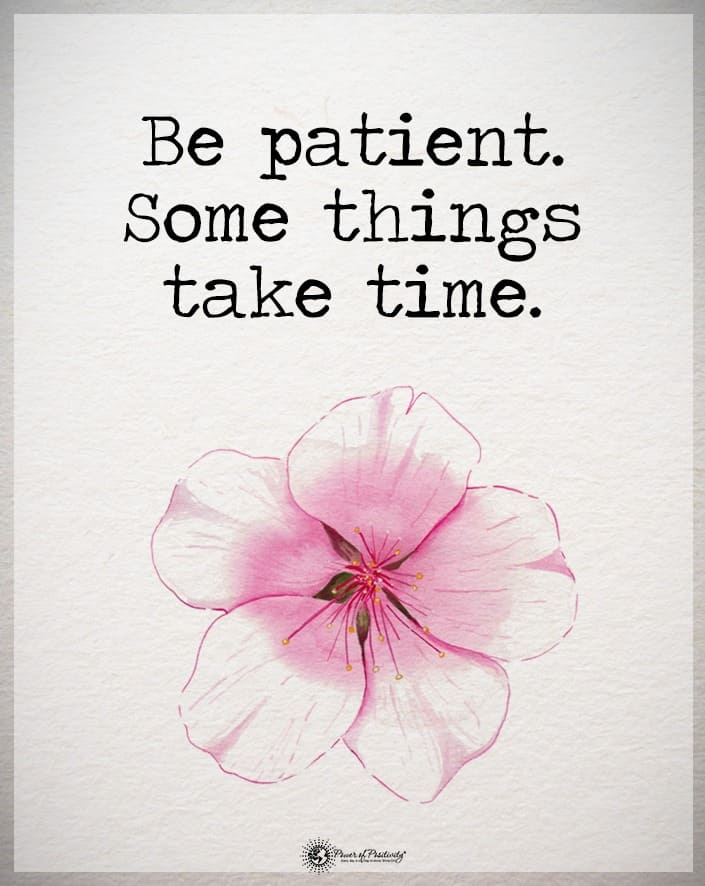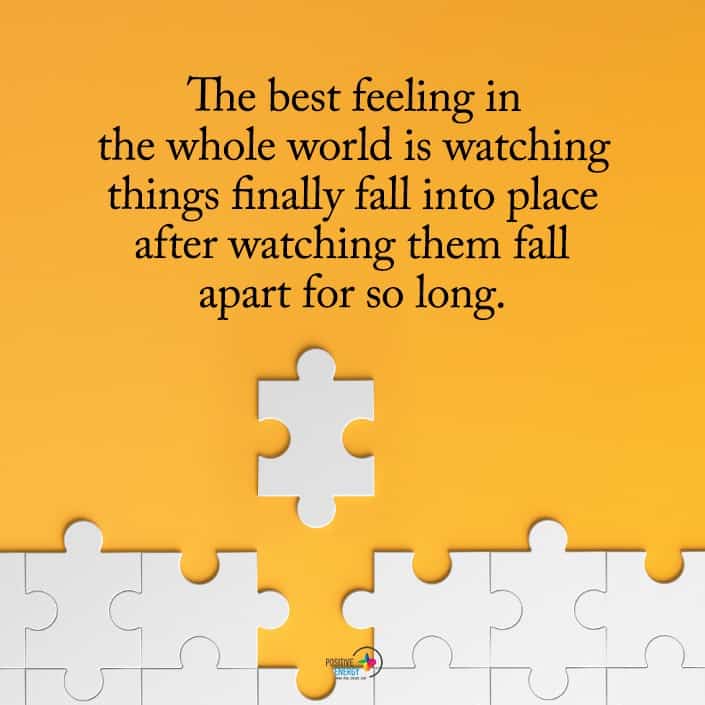Disagreements are commonplace in any relationship. Whether you have personal or professional turmoil, finding common ground and resolving the matter is essential. There will be conflicts whenever you have a group of people, and it’s a fantasy if you think that things will always be easy sailing.
The most common reason for disagreements is a communication breakdown. Have you ever played the old game called Telephone? A group of people sits in a circle. One person whispers something into the first person’s ear, continuing to pass the saying around the group.
By the time the sentence gets to the last person, it’s completely different than what the first person stated. This exercise is a technique that’s often used in team-building to show how effortless it is to get things misconstrued. A breakdown in communication or gossip can be the most significant cause of arguments.
Since you know there will be disagreements, you must develop strategies to handle them. Have you ever heard of a mediator? These professionals spend their days as a go-between for people who can’t agree. These folks are often used instead of going to court, as they have a knack for problem-solving.
While having a mediator is a nice perk, you can learn some of the same tactics to resolve disagreements in your life. The next time you have an issue with someone, you need to find common ground to build on.
Twelve Ways To Find Common Ground in Disagreements
If you want to handle your disagreements productively, you need to utilize the tools of those specializing in resolutions. Here are the twelve most common ways that you can find common ground and end disputes.
1. Be Open To Hearing the Other Side
One of the biggest reasons people disagree is that they don’t understand one another. If one person wants to be heard but won’t even consider the opinion of others, then it’s undoubtedly going to cause disagreements. While you don’t have to agree with the other party, you should be open to listening to their side of things.
2. Get Past Your Triggers
Everyone has triggers, and some people know how to push every button. Try to overlook anything that might set you on defense mode, as it’s usually personal things that trigger you. It would help to get beyond these tender spots to deal with the matter effectively.
3. Focus on Similarities
Stop looking so much for the differences and start focusing on the similarities. One way to look for common ground and begin resolving a disagreement is to focus on your agreement.
If you only look at the things you differ on, you’re only widening the gap between you. Even if you must stretch yourself a bit, you must find a point of agreement to build on.
4. Listen More Than You Speak
Why is it that when people are arguing, they want to talk more than they listen? It can become quite intense when two people try to interject their feelings.
Make it a rule that you listen more than you speak while trying to resolve a matter. Resist the urge to let your opinions fly and see what the other person says.
5. Take Responsibility
There are three things to consider in any conflict: their view, their opinion, and the truth. When the disagreements become heated, you want to avoid pointing the finger. When you start making accusations at the other person, you will have little chance of resolving the matter.
Try taking responsibility for your part or feelings on the issue. Don’t lay everything at their doorstep. Realize that you can be just as much a part of the issue as the other person, so work on finding common ground rather than hurling blame at one another.
6. Focus On the Topic and Don’t Bring In Other Things
Why do people want to bring up the past when there’s a disagreement? Don’t focus on things that happened yesterday that aren’t relevant to the issues. Instead, work hard to keep your focus on the problem at hand.
These situations often occur when one person has their foot out the door, so you don’t want to give them the push they need to keep going.
7. Bring Positivity to the Table
Have you ever heard the old saying that you will attract more flies with honey than vinegar? Rather than bringing a negative attitude into conflict resolution, try being positive. If you think you will resolve the issue, you will probably accomplish this task.
However, if you come into the conversation determined to get your point across and have an “in your face” attitude, you’ll likely make things worse.
8. Agree to Disagree
In many instances, there will be no way to agree on everything. You have your opinion, and they have their views. So, the best way to resolve this issue is to agree to disagree.
While it’s not the perfect resolution, it’s certainly better than fighting. In many cases, there isn’t a way to resolve the matter or find common ground.
9. Talk Face to Face
There are breakdowns of communication that occur when you talk on the phone or in text messages. It’s always best to handle any issue face-to-face.
Whether you’re dealing with professional or personal things doesn’t matter. Look someone right in the eyes to handle conflict. Additionally, it also helps to avoid misunderstandings. You are more likely to get a better resolution when present and engaging in the conversation.
This is especially true in business. Your mind can wander and make you think the person on the other end is a monster, but when you’re in front of them, you realize they’re not that bad.
10. Take a Break
It might be time for a break if you cannot find anything in common and the discussions seem to be going nowhere. It doesn’t mean that the debate isn’t necessary or doesn’t need to be deliberated, but you need some time to cool off and come to your senses.
11. Use a Lower Voice
People automatically assume you will raise your voice when discussing things get heated. When you do the opposite, you will throw them off and make them more apt to listen. Talking in soft tones doesn’t put the other party in defense mode; second, it makes them listen to you more intently.
Michael J. Formica, MS, MA, EdM, states that you should raise your words, not your voice. Uncooperative dialogue can fracture a relationship. You show your social and emotional limitations when you raise your voice and use tactics like name-calling.
12. Put It Behind You
Once you’ve resolved things, you must put them behind you. While what’s been forgiven isn’t always forgotten, you don’t want to keep throwing it in the other person’s face. Do you like it when people bring up things from your past?
No one likes to remember times when things didn’t go so well. So, when you make a pact to resolve the matter, remind yourself of the importance of letting it go. Whether in a business or a professional relationship, starting with a clean slate rather than harboring malice is vital.
Final Thoughts on Finding Common Ground
Relationships take work. There’s no way you will always agree with everyone; sometimes, arguments can make or break your partnership. Ironically, many people get upset about something, and the feud grows until they don’t even remember why they were angry in the first place.
Have you ever seen family members that haven’t spoken in years? They let something small come between them, which drives a permanent wedge. Very few things are worth cutting someone entirely off in life, and you need to stop and look at the situation.
Take, for instance, Edna. Everything was going great in her life. Her son decided to get married, and things were going well at first. When they had their first child, Edna was a bit overbearing.
During a heated argument about how to properly mother the baby, the daughter-in-law became furious. She and her husband decided never to speak to Edna again because of her constant overbearing approach. Years passed, and Edna never got to see her grandson grow. At her time of death, it had been over forty years since she had seen or heard from her son. They didn’t even show up at the funeral.
Something as small as a disagreement on mothering a newborn became a family feud lasting four decades. Edna tried to apologize over the years, but the stubborn nature of her son and daughter-in-law made them ignore her words.
Think long and hard before burning bridges and cutting ties with people. Try to find common ground, no matter how challenging, and work from there. There’re very few things worth severing relationships, so be careful and work towards a resolution.
In the instance of the overbearing grandmother, setting firm boundaries might have been the conflict resolution they needed. There’s always a way to resolve issues, but you must take your emotions out of the situation.

















 Community
Community

